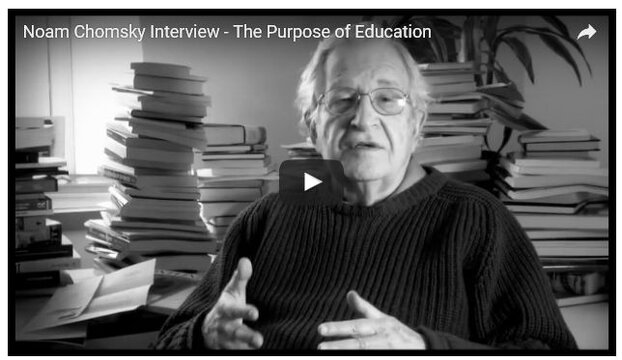After going through the arguments and their "defeaters" Morvan concludes:
"Though Descartes ridiculed the species (among other things) of the scholastic Representationists, he espoused a doctrine of perceptual experience very much akin to theirs, where (cartesian) ideas replaced (scholastic) species in the roles of (i) perceptual intermediaries between the mind and external objects, and as (ii) representations of external objects.
A key negative tenet of scholastic Representationism, namely that perceptual experience does not consist in a direct or immediate intuition or presentation of external objects, and a key positive tenet of scholastic Representationism, namely that appearances are the immediate objects of perceptual experience, were adopted by Descartes and subsequently became two of the most deeply entrenched tenets of Modern Philosophy, tenets espoused in variant ways by (among others) the Rationalists, the Empiricists, Kant, 39 the Absolute Idealists, and a whole host of twentieth century thinkers espousing positions including (but not limited to) various versions of the Sense-Datum Theory and Phenomenalism. 40
If the reasoning of this paper is sound, the eight main arguments against Direct Realism fail to defeat it. Hence, insofar as Indirect Realism, Idealism, Phenomenalism, and even External-World Skepticism are motivated, whether implicitly or explicitly, by the presumed untenability of Direct Realism, the defeat of these putative defeaters undercuts an important motivation for each of these views.
Worth noting as well is that the contemporary resurgence of Direct Realism represents, in an important sense, a return to, and vindication of, tenets espoused by the scholastic Perceptionists centuries ago."
Sent from my LGLS991 using Tapatalk

